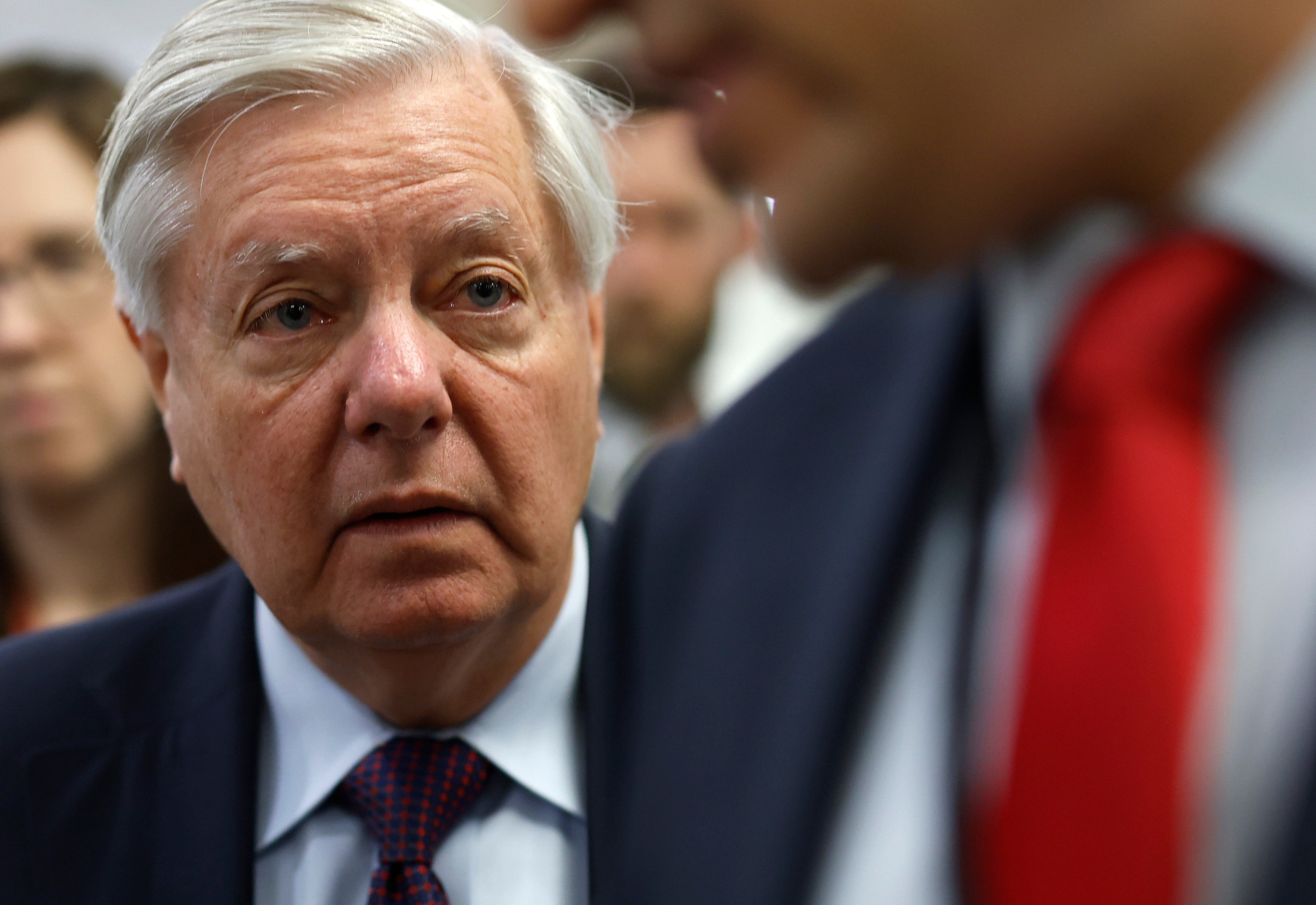Republican leaders in the House of Representatives edged closer to presenting their vision for a MAGA-fied federal budget on Tuesday.
But Speaker Mike Johnson and his committee chairs are still lagging behind their colleagues in the Senate — as well as a coalition of conservatives in the lower chamber
On Tuesday, the speaker noticed a markup for the budget bill (which has still not been finished) for Thursday. In comments to reporters, he added that he won’t keep the House in session next week, meaning that lawmakers will have some time to study it after amendments are debated. Some topline details of the leadership budget plan were due out Tuesday evening, according to Johnson.
“We are right on the schedule that we need to be on,” declared the speaker at his weekly press conference.
Johnson needs to keep to that strategy. He’s already under one very real deadline in just over a month, when a short-term continuing resolution will expire and the federal government will need funding once again.
Then, there’s the political fire under his feet. Senator Lindsey Graham, head of the Senate Budget Committee, is already pushing ahead with his own proposal. Released last Friday, it would hit key Republican priorities (defense, border security) with funding surges, while not extending the 2017 Trump tax cuts.
Behind the delay is a disagreement between Republicans on the Ways and Means and Budget committees on those tax cuts. The chairs of the two key House panels have differing views over how much extending those tax cuts will cost, and where to get the money.
This is all a symptom of the key divide between Speaker Mike Johnson and much of the GOP coalition in Congress: whether to pursue a one-bill or two-bill track for budget reconciliation. Johnson is adamant that he needs to hold to the former strategy to succeed, doubtful of his ability to muscle through another package — one solely focused on taxes — later this year.

His reasoning is simple, and one he (and Kevin McCarthy before him) utilized frequently. Larger bills dealing with multiple subjects are easier to pass, as GOP members are less willing to vote against legislation that addresses their own priorities.
But with both the Senate and conservatives in the House Freedom Caucus pushing for a two-bill track for the budget reconciliation process, it’s coming down to a test of Mike Johnson’s will.
It’s not just the Republicans involved, either. While attempting to wrangle his caucus behind one massive funding bill, the speaker is simultaneously daring Democrats to commit to shutting down the government. Taking their past conduct as evidence, Johnson clearly believes that he can push back that March 15 deadline by cutting a deal with his greatest rivals.
Democratic leaders say they are still at the negotiating table. Some of their rank-and-file have scoffed at the prospect.
So who will back down first; Johnson, or his opponents?
In the end, Johnson retains one key advantage as he pushes forward with his vision for the MAGA budget: his closeness to Donald Trump. After all, the “one big, beautiful bill” strategy was the president’s in the first place.
And everyone knows that Trump is Johnson’s big stick should he run out of ways to entice Republicans on the Budget Committee and elsewhere to fall in line.
Senator John Kennedy likened the House’s disparate groups of hardline and establishment conservatives to “free-range chickens” during the last funding fight — way back in December of 2024.
“Speaker Johnson’s problem is that on the Republican side, he’s got a bunch of free range chickens. I’m not criticizing them; but they wander off, and Mike can’t catch all of them by himself,” he said. “There’s one person that can control the Republican caucus in the United States House of Representatives right now, and that’s Donald J. Trump.”







